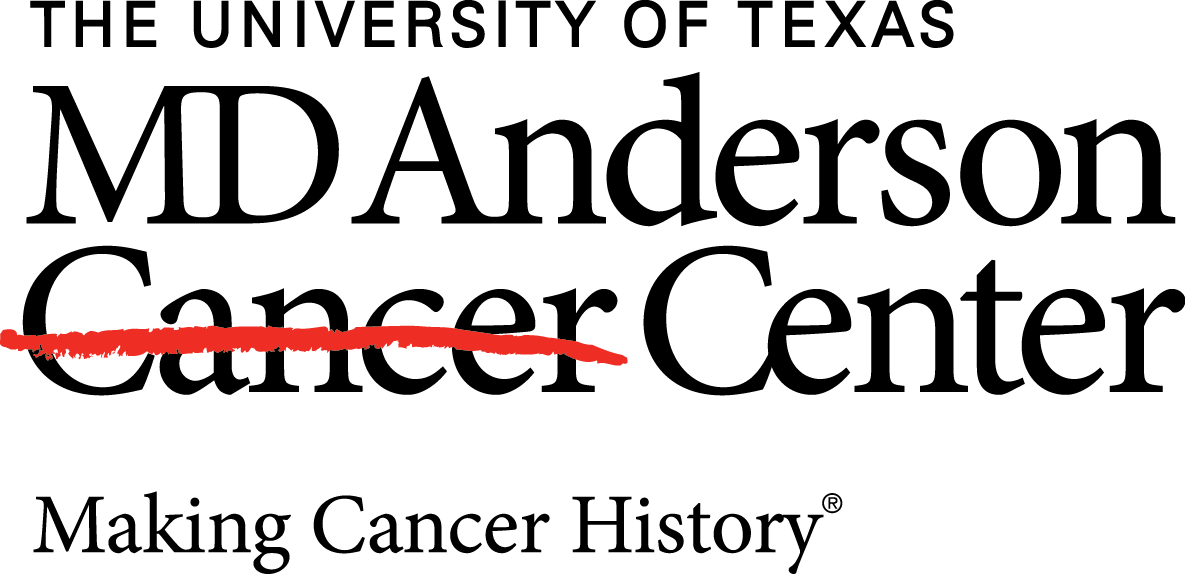Glossary
CAR T-cell therapy: a type of cancer immunotherapy where a patient's own T cells are genetically engineered in a lab, allowing them to specifically recognize and kill cancer cells when reinfused back into the patient.

Yescarta continued to demonstrate durable responses after a median follow-up of more than five years in patients with R/R indolent non-Hodgkin lymphoma.
Treatment with the CAR-T cell therapy Yescarta (axicabtagene ciloleucel) continued to demonstrate durable responses after a median follow-up of more than five years in patients with relapsed/refractory indolent non-Hodgkin lymphoma, including follicular lymphoma, according to data from the phase 2 ZUMA-5 trial. Notably, these data were shared in a presentation from investigators at the
CAR T-cell therapy: a type of cancer immunotherapy where a patient's own T cells are genetically engineered in a lab, allowing them to specifically recognize and kill cancer cells when reinfused back into the patient.
Dr. Sattva S. Neelapu discussed the outcomes of the clinical trial in an interview with CURE® at the meeting, delving into insights on the trial, as well as the potential challenges and limitations of CAR-T cell therapy in this patient population, as well as how these challenges are being addressed in ongoing research.
Neelapu is a professor and deputy department chair in the Department of Lymphoma/Myeloma, Division of Cancer Medicine, at The University of Texas MD Anderson Cancer Center, in Houston, as well as a member of Graduate Faculty, Immunology Program, Graduate School of Biomedical Sciences, at The University of Texas Health Science Center, also located in Houston.
Want to hear more from Neelapu?
One potential limitation of CAR-T cell therapy in general is that it is available only at limited number of centers. Currently, there are approximately 125 centers that administer CAR-T cell therapy. [Therefore], it does require patients to travel to a CAR-T center to be able to receive this therapy, and they generally need to stay in the area for about a five-week period, along with the caregiver, preferably. Usually, part of the stay could be in the hospital, but during the rest of the time, they're monitored in the outpatient unit.
That's one limitation, and the other limitation is because this is a patient-specific therapy, cost is definitely a limitation. Although it's an FDA-approved indication, currently, so it is covered by most insurances, as well as Medicare and Medicaid.
Transcript was edited for clarity and conciseness.
For more news on cancer updates, research and education, don’t forget to